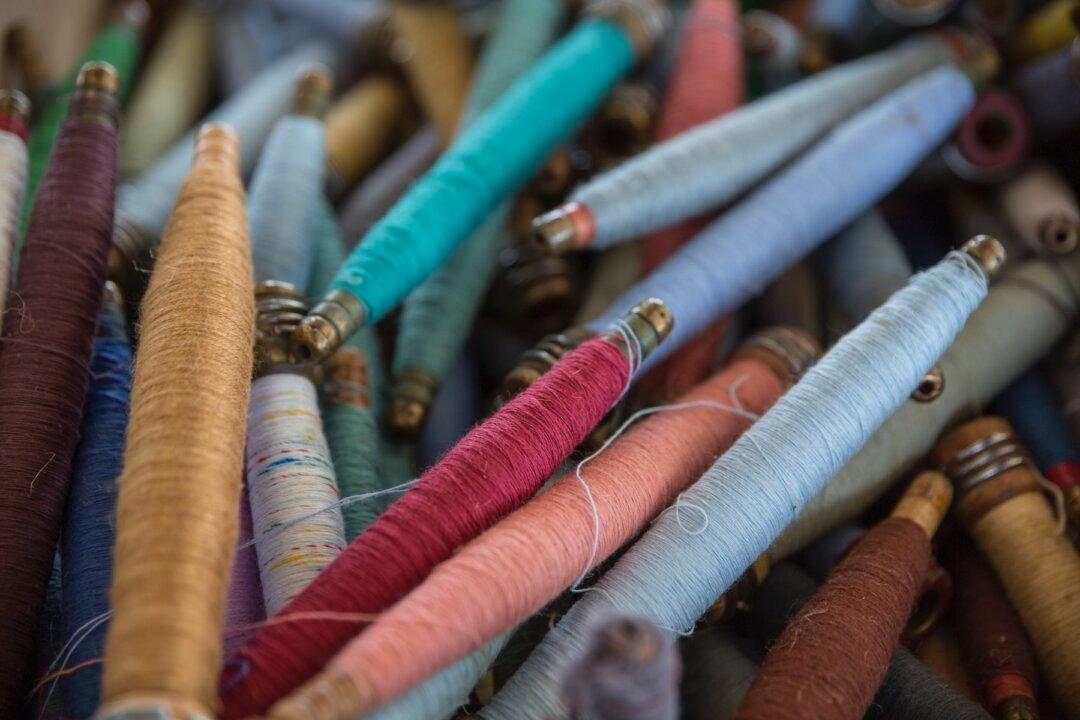Two companies, Cotton On and Target Australia, have reportedly stopped sourcing cotton from China’s Xinjiang after an investigation by an Australian TV program reported that Uyghur Muslims were being forced to work in a number of textile factories in the region.
According to the ABC, Cotton On said it no longer sourced from Xinjiang-based subcontractor Litai Textiles. Cotton On also said that it is “absolutely committed to having an ethical supply chain.”
The Epoch Times has reached out to Cotton On for comment.
Target Australia said it has “made the decision to stop orders” from a mill owned by the company Huafu in Xinjiang, the network reported. An internal investigation is being conducted into supplies sourced from the mill.
A Target spokesperson said the company has a strict ethical sourcing code.
“As part of our Ethical Sourcing Code of Conduct Target Australia take any breaches of this Code very seriously, this includes any allegations of forced labour,” a Target spokesperson said in an emailed statement to The Epoch Times.
“Following the recent reports regarding the Huafu Mill in Xinjiang we identified that one Target direct supplier is using a small amount of cotton yarn from a mill owned by Huafu in Xinjiang province. Target asked the supplier to stop orders from this mill while the situation is clarified.”
Meanwhile, H&M informed Four Corners that their investigations into the company Huafu, one of their suppliers, “showed no evidence of forced labour.” H&M also said that the yarn sourced from Huafu comes from a facility outside Xinjiang.
Jeanswest said that an internal investigation after the Four Corners report yielded “no evidence that any of our cotton comes from this region,” reported the ABC.
“Australians care about human rights and do not want to aid practices like forced labour when they buy a new t-shirt.
“Clearly, the risk is too great for these companies to be associated with the oppression of the Uyghur people. We call on all Australian companies to make transparent their supply chains to ensure consumers do not unwittingly support gross human rights abuses of Uyghur people.”
China has been widely condemned for setting up complexes in remote Xinjiang that it describes as “vocational training centers” to stamp out extremism and give people new skills. The United Nations says at least 1 million ethnic Uighurs and other Muslims have been detained.
“[I]f we suspect a product is made using forced labor, we’ll take that product off U.S. shelves,” Acting CBP Commissioner Mark Morgan said at the time.
The U.S. Commerce Department also added 28 Chinese public security bureaus and companies on a U.S. trade blacklist over China’s treatment of Uyghur Muslims and other Muslim ethnic minorities.




